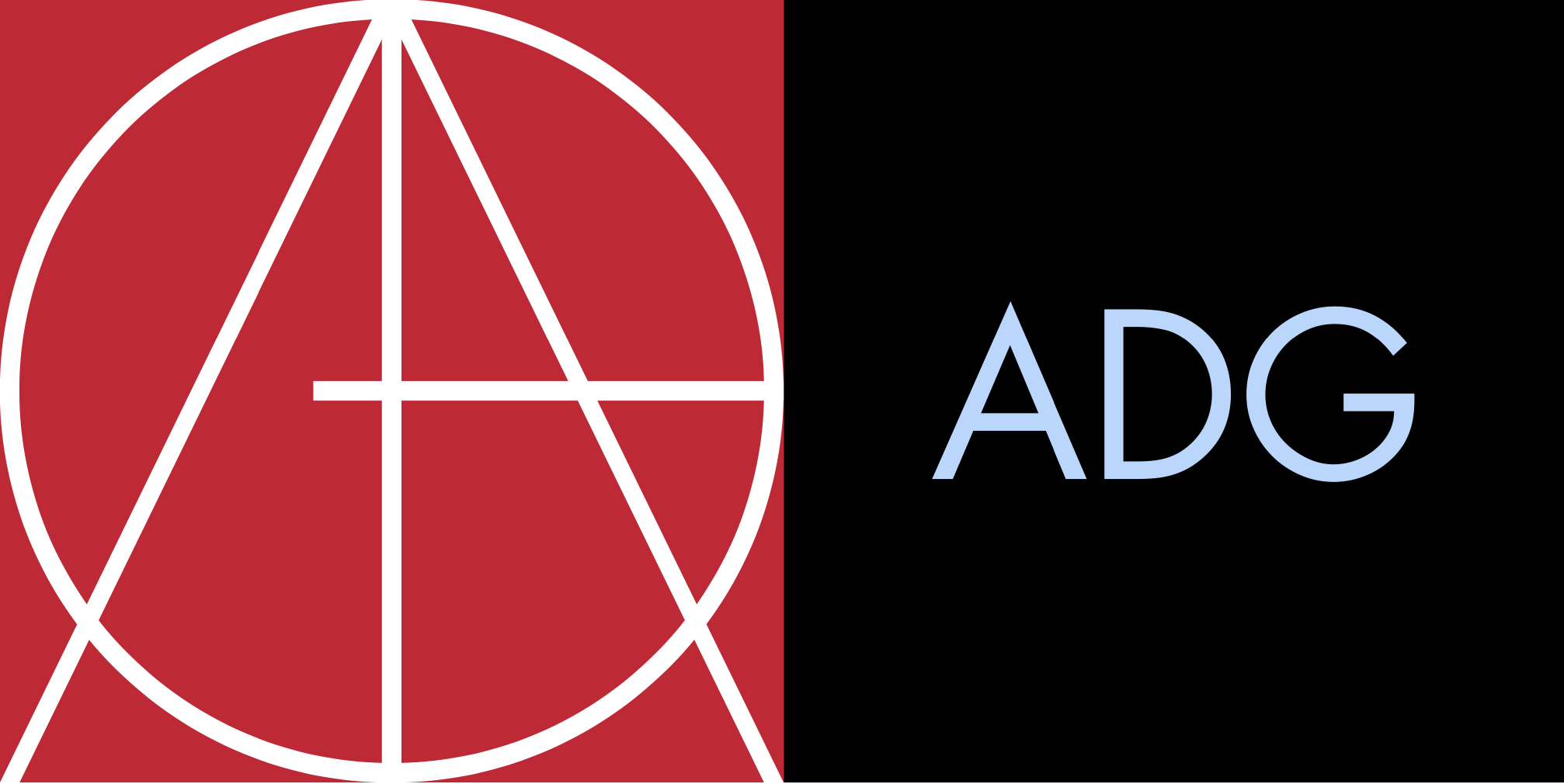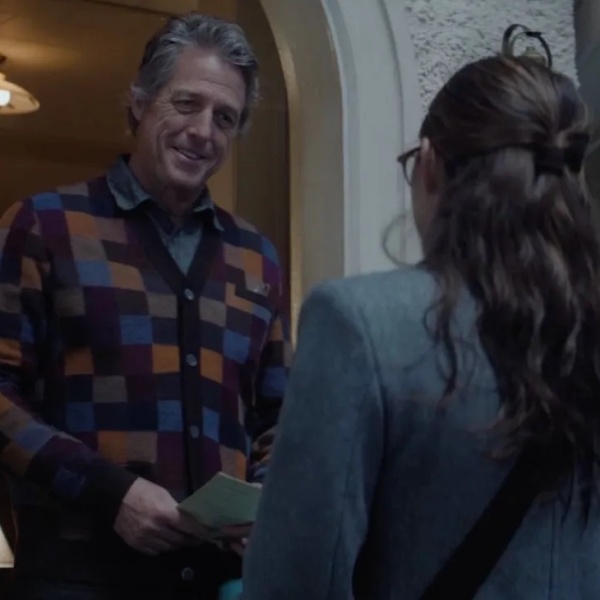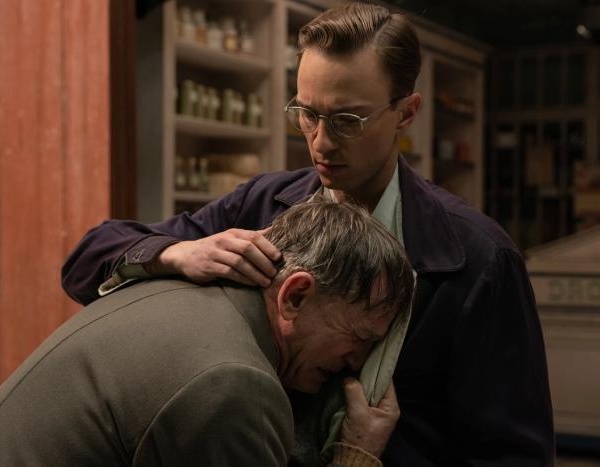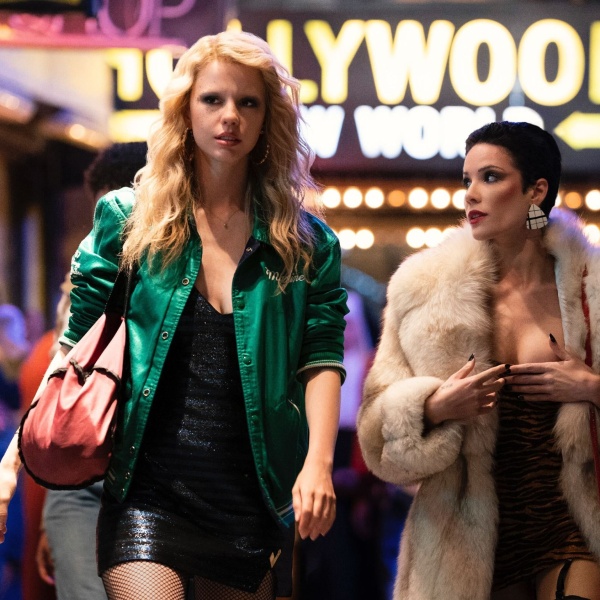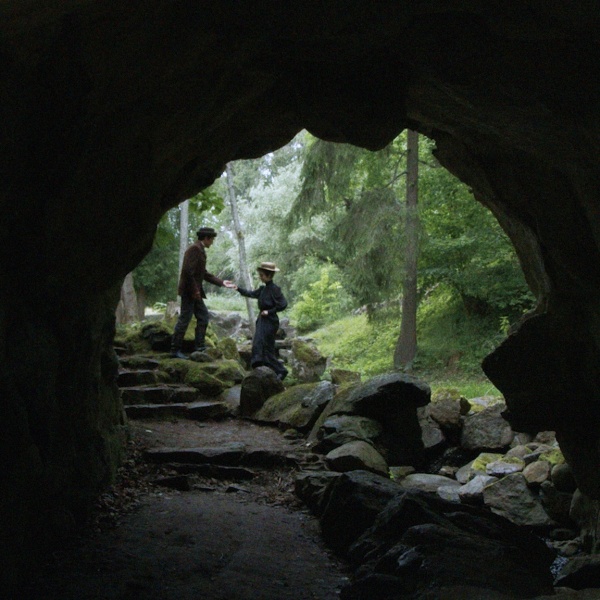Illustrators and matte artists within the Art Directors Guild Local 800 have issued an open letter recommending guild members vote against IATSE’s tentative deal with the studio in the ongoing ratification vote. The group is specifically opposed to the language in the deal surrounding “AI Systems.”
The letter follows another issued by members of another craft discipline within Local 800, the Set Designers Council, on Friday, that was also opposed specifically to the artificial intelligence terms in the International Alliance of Theatrical Stage Employees’ tentative deal.
“We believe the language as proposed to be both detrimental in the short term, and sets a damaging precedent for our future negotiations, as well as for our sibling locals who are about to negotiate for themselves,” the letter reads. “Contract language is nearly impossible to change once ratified. The studios have starved us into this position. We are trapped between a rock and a hard place.”
The letter was signed by unnamed “IMA Members,” but the letter was issued by individual members who are not authorized to speak on behalf of the ADG’s official Illustrators & Matte Artists council. The IMA has not formally issued any official guidance on the contract, and ADG Local 800 is among the 36 local unions that have all unanimously recommended ratification of both the Basic Agreement and the Area Standards Agreement.
Reps for IATSE declined to comment when reached by IndieWire.
IATSE’s Memorandum of Agreement in pages 38-43 lays out that any use of AI is now “covered work,” performed by a human, and no crew member can be forced to input a prompt that would replace another crew member.
However, it does not have any language that gives IATSE members the power to refuse to work with AI. Writers and actors deals negotiated with the AMPTP last year have that language. That’s the main dealbreaker for IMA members, though not their only gripe.
The letter argues it doesn’t require producers to notify you if something was created with AI, which they feel can lead to some unexpected issues and loopholes. There’s also no specifications pertaining to individual craft jurisdictions. AI terms were handled on the national level for this contract, not as part of each local’s own unique negotiations.
They also argue “AI Systems” isn’t clearly defined and can result in the studios calling any proprietary software they want AI, forcing you to use the tech that will track, record, and ultimately replace you.
An independent lawyer argued to IndieWire recently that IATSE’s deal thinks through some of the loopholes, saying it puts AI tech on par with other tools and regulates it in the same way, and makes sure a producer can’t ask someone to do something that would displace someone else.
IMA members don’t buy it. For the Art Directors Guild, they say the displacement policy is unenforceable because ADG doesn’t have contractual staffing minimums. They also believe the studios’ promise to indemnify employees in the case of a lawsuit is an empty one because you have to fully cooperate with the defense.
“Writers won the right to choose to use Al or not. We have no such autonomy: In the new contract language, how we design, build models, illustrate or create documents can be dictated by the employer,” the letter reads. “It is the view of the undersigned that the Al language in the proposed contract allows our combined crafts within Local 800 to be put at direct risk of an emerging technology designed to at the very least break the back of the union system, and at worst, ultimately replace us with a lower quality, but much cheaper, facsimile of our work.”
It’s easy to understand why Art Directors Guild members are particularly concerned. Generative AI tools for still visual images are already very advanced and arguably a more immediate threat to illustrators and graphic designers than other ADG roles.
Sara Escamilla, a graphic designer and illustrator on films like “The Jungle Book” and “Battle of the Sexes,” told IndieWire there’s a general sense of “panic” among her peers and those in other crafts over the AI rules, and she’s not alone in raising the alarm. The AI language, she said, is a “Trojan horse” that’s described as a tool but is actually a means of job replacement. While the use of AI may still be covered work, she’s an hourly employee. If AI can dramatically speed up the work, her hours and role could be reduced to a gig job.
Even if her local wants to add more terms when the next contract comes up for negotiation, or as the conversation evolves in the regular individual studio meetings mandated by this contract, she thinks it’s a lost cause. She already voted against the deal.
“I think this contract language is so bad that if we let it get out of the gate or open Pandora’s box, we can’t claw back the rights we’ve already given away in this contract,” Escamilla said.
Whether the deal is ratified may not have much to do with AI. Many crafts workers have been unemployed since the strikes last year, if not before, and can’t afford to be out of work for longer. Other gains in the deal, including wages, pension contributions, safety concerns, and new holidays and overtime policies, seem to be popular.
IATSE members have until today, July 17, to cast their ballots on whether to ratify the new Basic Agreement and ASA. Results of the vote will be revealed on July 18.
.
